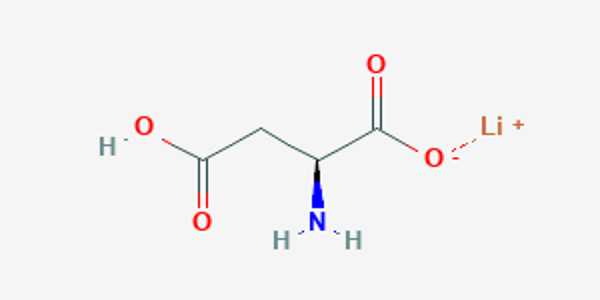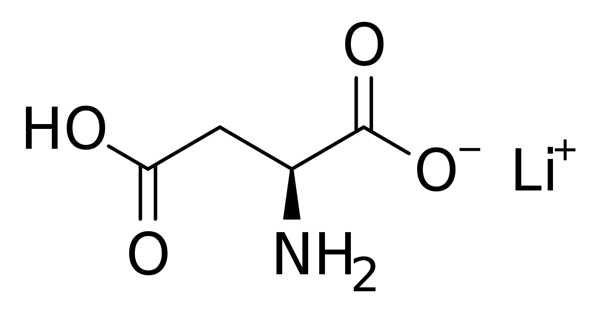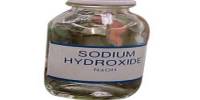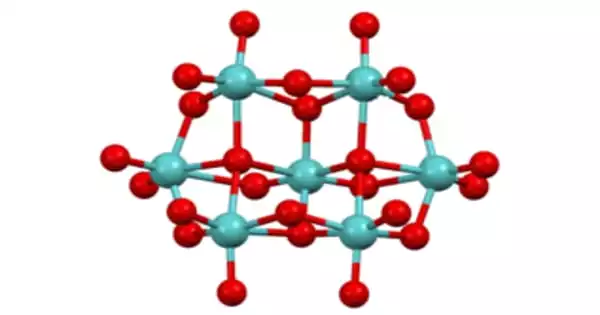Lithium is a trace element that occurs naturally in a variety of foods, including grains and vegetables. The salt of aspartic acid and lithium (C4H6LiNO4) is lithium aspartate (C4H6LiNO4). It is sometimes marketed as a dietary supplement used in small doses to treat certain medical conditions; however, there are no systematic reviews supporting the efficacy or safety of lithium aspartate, and it is not approved by the United States Food and Drug Administration (FDA) for any medical condition. There has been little published research on lithium aspartate.
Aspartatic acid stimulates the NMDA receptor.
It is the lightest solid metal, soft and silvery-white, with a low melting point and high reactivity. Many of its physical and chemical properties resemble those of alkaline earth metals rather than those of its own group. Among the most important properties of lithium are its high specific heat (calorific capacity), the wide temperature range in the liquid state, high thermal conductivity, low viscosity, and extremely low density. Metallic lithium is soluble in aliphatic amines with short chains, such as etilamine. In hydrocarbons, it is insoluble.
It is used to treat mental illnesses such as bipolar disorder, depression, and schizophrenia, as well as eating disorders such as anorexia and bulimia, and blood disorders such as anemia and low white cell count (neutropenia).

Uses
- Lithium Aspartate is commonly used in the natural treatment of hyperthyroidism and other thyroid diseases because it aids in the even distribution of iodine throughout the body.
- It may also have an effect on important brain chemicals, increasing their concentration.
- It evens the climate, spreads, and antagonizes iodine, reducing hyperthyroidism and improving thyroid function primarily. Both lithium and vitamin D reduce the thyroid’s intake of iodide, leaving more for the end of the system and allowing iodine to stay there longer.
- It spreads iodine more evenly in the body and regulates the brain functioning by increasing serotonin and promotes the new brain cell growth.
Considerations
In high doses, lithium is toxic, causing symptoms such as hand tremors, excessive thirst, frequent urination, nausea, and vomiting. Drowsiness, loss of coordination, muscular weakness, blurred vision, and ringing in the ears are symptoms of extreme toxicity.
















